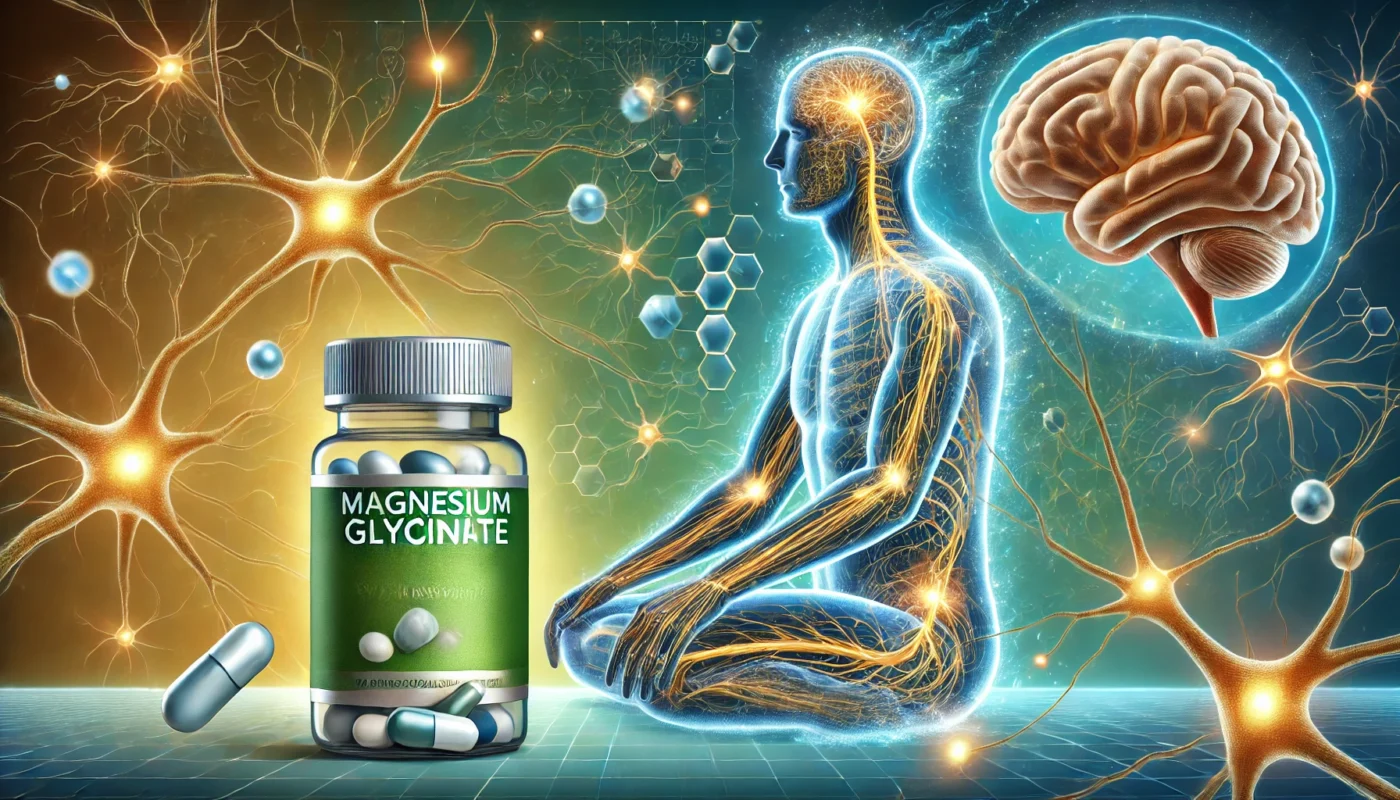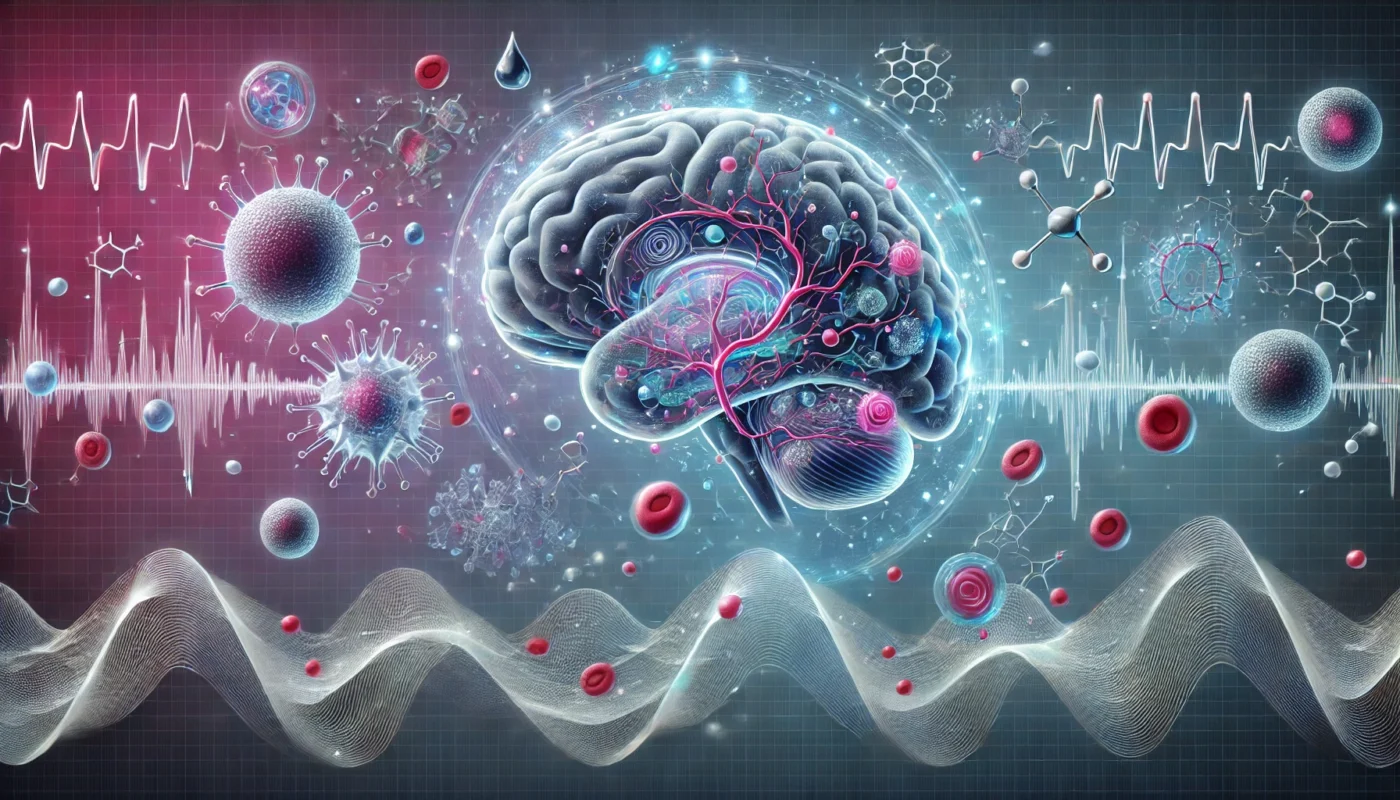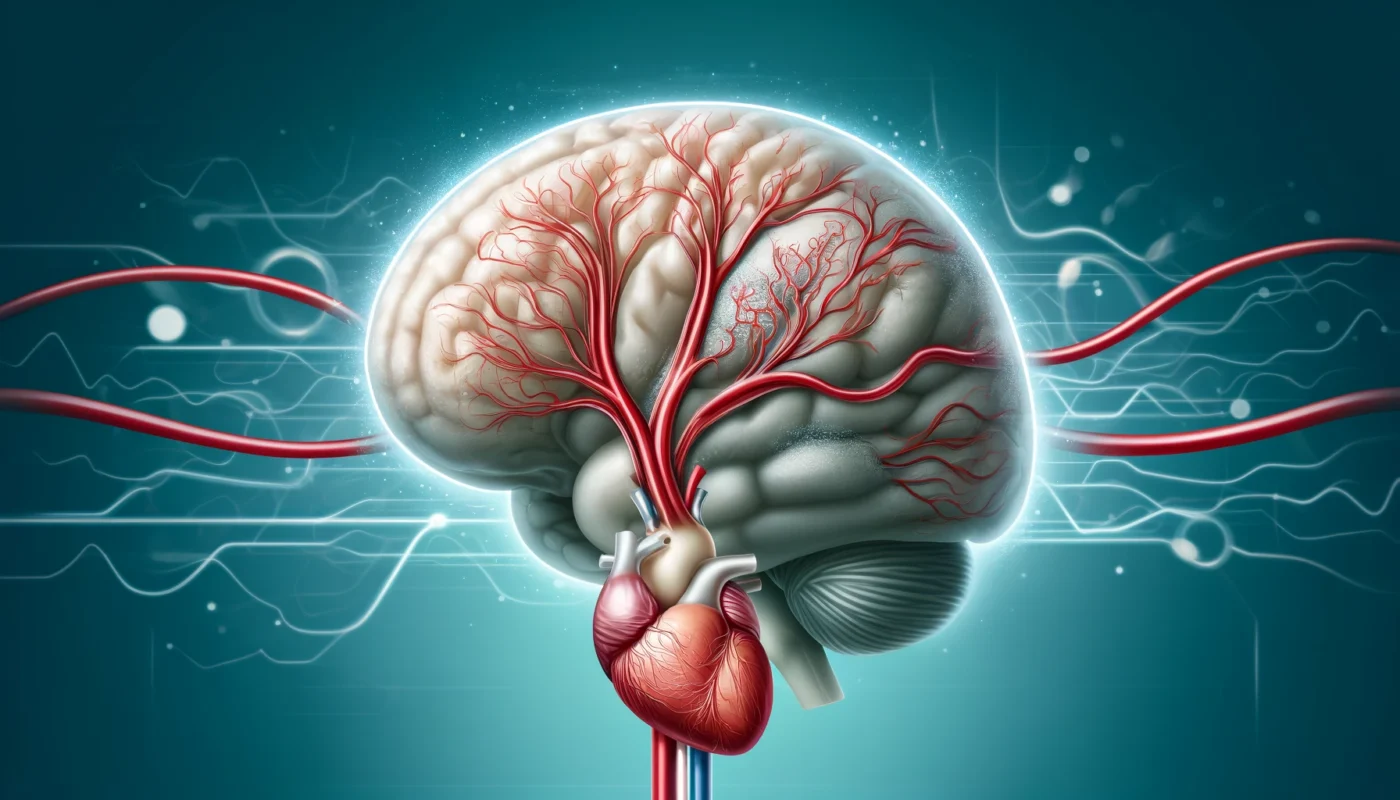Magnesium plays a critical role in numerous physiological processes, from muscle and nerve function to bone health and energy production. While its individual benefits are well-documented, magnesium’s interaction with antioxidants such as vitamin C and vitamin E offers unique synergistic effects that amplify health outcomes. Magnesium glycinate, a highly bioavailable form of magnesium, is particularly […]
Tag Archives: Neuroprotection
As people age, maintaining good eye health becomes increasingly important to prevent conditions such as age-related macular degeneration (AMD), cataracts, and glaucoma. Among these, AMD is a leading cause of vision loss in individuals over 50, affecting 8 million people in the United States alone, according to the National Eye Institute. While various treatments and […]
Magnesium is one of the most essential minerals for the human body, playing a pivotal role in over 300 enzymatic reactions. Among its many forms, magnesium glycinate stands out due to its superior bioavailability, gentle impact on the digestive system, and dual benefits provided by glycine, an amino acid with calming properties. Beyond its well-known […]
Magnesium is an essential mineral involved in numerous biological processes, including cellular repair and maintenance. Among the various forms of magnesium supplements available, magnesium glycinate stands out for its bioavailability and effectiveness in supporting DNA repair mechanisms. DNA repair is a fundamental process that protects the integrity of our genetic material, safeguarding against mutations, cellular […]
The blood-brain barrier (BBB) serves as the brain’s gatekeeper, protecting it from harmful toxins, pathogens, and inflammatory molecules while allowing the passage of essential nutrients. However, when the BBB becomes compromised, it can lead to neuroinflammation, oxidative stress, and an increased risk of neurological disorders such as Alzheimer’s disease, multiple sclerosis, and depression. Emerging research […]
Hypertension, or high blood pressure, is one of the most prevalent chronic health conditions, affecting nearly half of adults globally, according to the World Health Organization (WHO). Often called the “silent killer” due to its lack of symptoms, hypertension is a major risk factor for cardiovascular diseases, stroke, and kidney failure. However, its effects on brain health, specifically cognitive decline, are less well-known but equally concerning. Research increasingly points to the significant role hypertension plays in accelerating cognitive impairments, contributing to conditions such as vascular dementia and Alzheimer’s disease. This article explores the connection between hypertension and cognitive decline, the mechanisms driving this relationship, and innovative treatments that may mitigate the long-term effects of high blood pressure on the brain.






